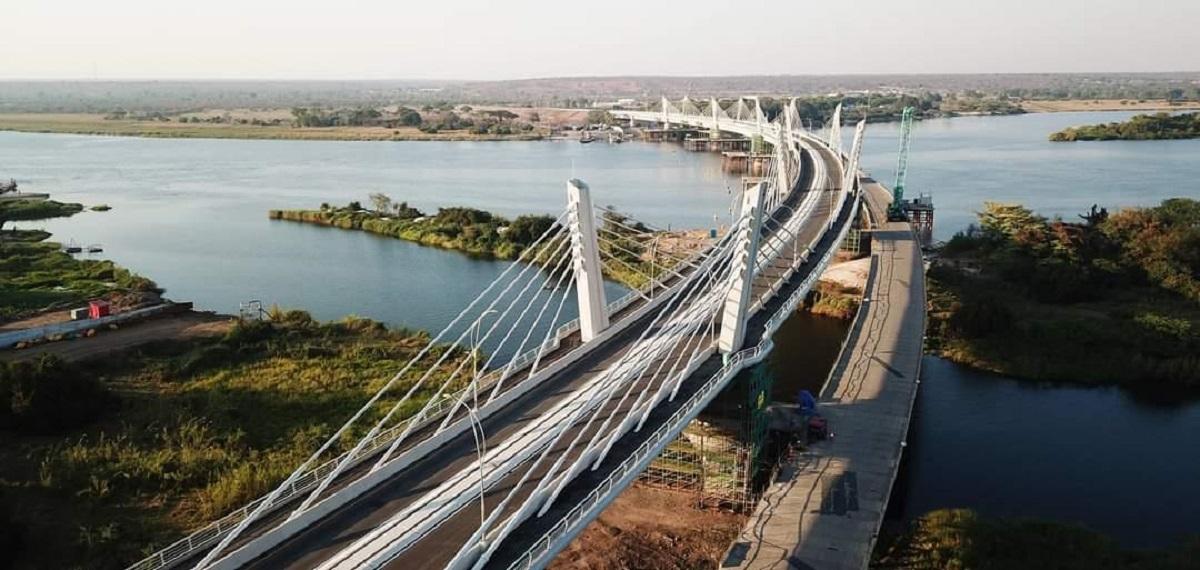Africa-Press – Zimbabwe. Botswana Guardian in 2014 reported that Botswana and Zambia were forced to alter Kazungula Bridge plan after indications that Zimbabwe, then partner, intended to sabotage the project.
The publication says Zimbabwe was against the idea of constructing Kazungula Bridge as it would divert traffic from the Beitbridge border post and that would mean reduce revenue inflows.
As a result of the anticipated impact of Kazungula bridge on Zimbabwe’s revenue, the project was described as a conspiracy by the ruling ZANU PF.
Then transport minister Obert Mpofu said if any bridge was to be constructed between Botswana and Zambia, it had to pass through Zimbabwe and the latter had to agree to the use of its territory. He is quoted as having said:
_I have engaged my colleague in Zambia and this engagement has also been escalated to the principals of the two countries and the matter is at that level. Our understanding is supported by the United Nations on boundaries; that there is no boundary between Botswana and Zambia._
_If they want to build a bridge on that piece of land, Zimbabwe has to be involved._
After these reports were made in the local media, Botswana and Zambia then made alterations to the plan. Speaking on the alleged sabotage and changes to Kazungula Bridge plan, Botswana’s Minister of Transport and Communications, Nonofo Molefi said they ditched Zimbabwe. Molefi said back then:
_We approached Namibia and asked that the bridge pass through their territory and they agreed._
The bridge now follows a curved alignment layout to avoid the border area in the Zambezi waters between Botswana and Zimbabwe, where the exact border positions have not been ratified.
Kazungula Bridge which was officially opened Monday 10 May 2021 is premised on eliminating the risks associated with operating pontoons, and reduce transit time from 36 hours to 2 hours.
Due to the absence of a bridge, hundreds of vehicles had to wait for a week or two to pass through the existing pontoons, costing the regional economy a lot of money.
More: Pindula News; Botswana Guardian






